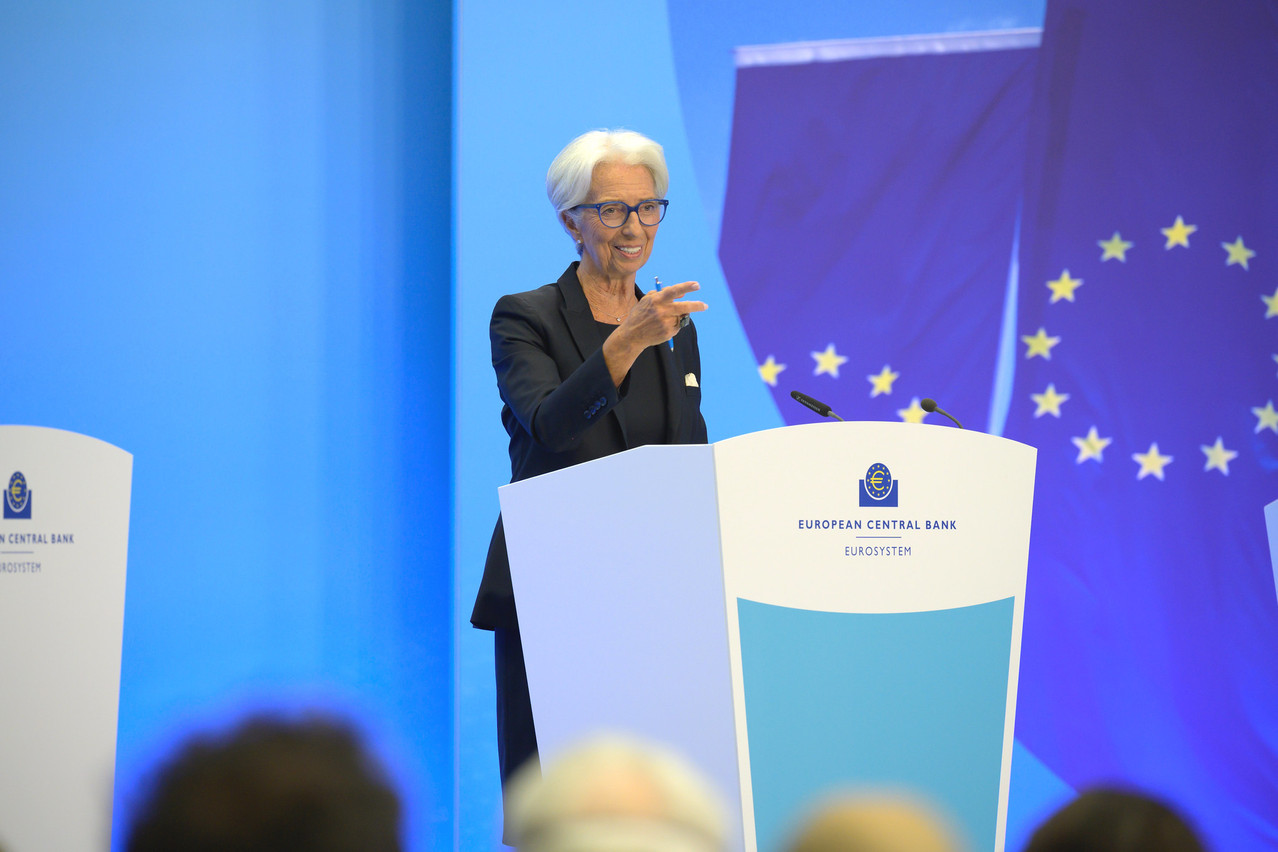The European Central Bank by 0.5% for the first time in 11 years on 21 July. This means that banks now face the risk of credit spreads. The situation is a shift from the past decade of operating in a low interest rate environment. Indeed, banks’ exposure to interest rate shocks has become a key priority for the ECB in its banking supervision.
In an interim assessment of the robustness of euro area banks, the Frankfurt-based institution sought to identify the banking entities most vulnerable to interest rate shocks and credit spreads. This first supervisory exercise has resulted in that will be subject to enhanced scrutiny, the ECB announced on 17 August, without providing further details on the banks in question. This figure still represents 28% of the total number of banks under the ECB’s direct supervision. Even if the risk analysis is not yet complete, this is a first alarm signal.
A prior tightening of financial conditions
However, the risk was not unexpected. Already in in May, the European Commission indicated that conditions for access to housing loans had tightened in the first quarter of this year, in the wake of the start of the war in Ukraine and international sanctions. It also announced that banks were expecting a “significantly greater” tightening in business lending in the second quarter. This initial tightening came at a time when corporate loan applications were on the rise as companies faced working capital financing needs following the disruption to supply chains.
Read also
In turn, the ECB’s recent rate hike only tightens the already difficult conditions for accessing credit. While the default of Russian sovereign debt and large companies has not occurred, European credit institutions are still facing a new shock.
Fears for German banks
The problem is also starting to worry the German banking sector. In with Handelsblatt on 14 August, Raymond Röseler, chief executive director in charge of banking supervision at the German financial supervisory authority, Bafin, explained that banks have been granting long-term loans at low interest rates, but are now having to pay more for their refinancing. “Not all banks are sufficiently protected against this risk,” he said, pointing out that defaults on loans could rise more sharply than banks have anticipated. As a result, many small- and medium-sized banks would not be sufficiently resilient in such an environment.
When asked whether similar projections are valid for the grand duchy, the Luxembourg Financial Sector Supervisory Commission (CSSF) confirmed that the country’s banking sector is no exception. On the other hand, the CSSF specified that the Luxembourg banking market remains much more diversified than in Germany.
A positive long-term effect
Moreover, the Luxembourg regulator said that banks have covered themselves against this risk. Recalling that total coverage does not exist, the CSSF indicated that “banks would have--on average--enough capital” to cover the risk if it were to materialise.
Read also
However, the picture is not so bleak for the entire banking sector. “Some banks are even benefiting from this rise” in interest rates, noted the CSSF. “And in the long term, this rise should be profitable for the whole sector.” That conclusion was also shared by the ECB, which stated that the rise in credit prices will benefit the revenues of banking institutions.
Read the original French version of this article on the site.
